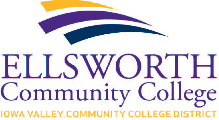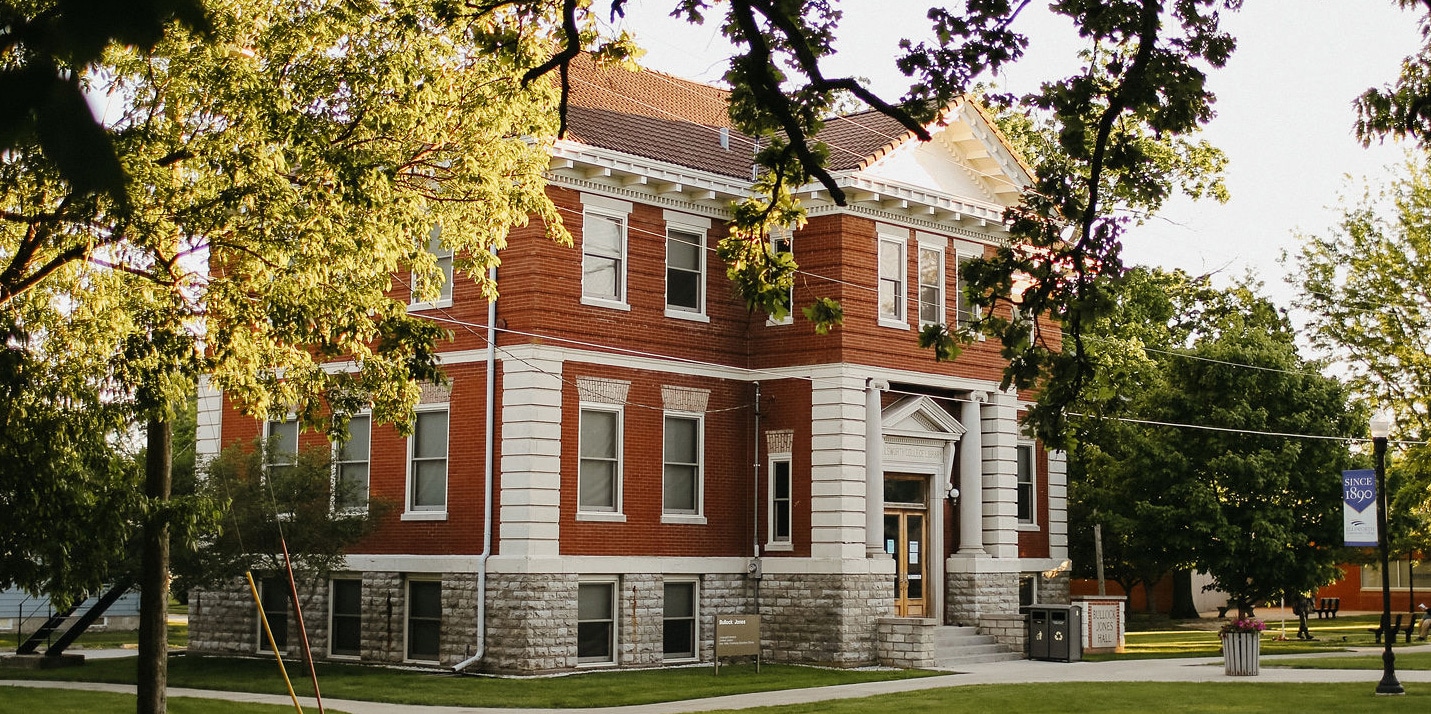CONTINUING YOUR EDUCATION AFTER ECC
Most students attending Ellsworth Community College are planning to complete an Associate of Arts (AA) degree, and then transfer to a four-year college or university to pursue a Bachelor of Arts (BA) or Bachelor of Science (BS) degree. The following are some critical points to help smooth the transfer process:
- When initially arriving at Ellsworth, students who know what major they want to study, and where they plan to transfer after completing their AA degree, have the best opportunity for a smooth transfer process. Commonly, however, a significant percentage of students arrive at ECC undecided about their major area of study and are uncertain about where they hope to transfer. Our Associate of Arts (AA) degree is designed to help move students in the right direction while transitioning through this “major” selection process. Students are encouraged to make it a priority to explore opportunities with the intent of clarifying their degree interests and transfer options as soon as possible. Of course, this process is different for every student and does not always happen within a neat time frame. Ideally, students begin to communicate with their choice of transfer school as early as possible in the AA degree process.
- The Associate of Arts (AA) degree is generally considered our best transferable degree, and has been designed with this in mind. The AA degree is essentially a “Liberal Arts” transfer degree, with a broad educational focus, including an elective category providing opportunities to explore college-level course offerings and/or to focus more specifically on major course prerequisites and requirements. Your ECC academic advisor will help clarify the specific requirements for the AA degree and whether or not a different credential is better suited for your educational interests.
- Ellsworth Community College has Articulation Agreements with the three state Regent universities: Iowa State University (ISU), the University of Iowa (UI), and the University of Northern Iowa (UNI). These are nationally and internationally recognized universities. The Articulation Agreement essentially states that students who complete the AA degree, and then transfer to an Iowa Regent university, will have all credit accepted. How the accepted credit will then apply to a bachelor’s degree depends on a student’s degree interests. NOTE: There are many other colleges and universities throughout Iowa that accept ECC transfer credit.
- To formalize the transfer process, Iowa’s three state universities have established an “Admissions Partnership Program” with ECC:
- Iowa State University (ISU) – Admissions Partnership Program
- University of Iowa (UI) – 2 plus 2 Guaranteed Graduation Plan
- University of Northern Iowa (UNI) – Admissions Partnership Program
Students planning to attend a Regent university are encouraged to participate in the partnership program by completing the corresponding application. The benefits of participating can be significant, and ideally helps a student best utilize their time at ECC.
- Commonly students complete their AA degree in two years, and then transfer to a four-year school. However, this timeframe can vary widely for students, based on their personal situations. The completion of a bachelor’s degree then generally takes an additional two or more years, depending on overall BA degree program requirements and how the AA degree coursework was specifically applied to the degree. Early communication with a student’s choice of transfer school can help clarify the timeline toward graduation with a Bachelor’s degree.
- As noted, most students attending ECC will complete the AA degree, in part because ECC has designed this degree to generally transfer well to four-year colleges and universities. Of course, ECC also recognizes some four-year schools take a unique approach to transfer credit (credit by credit transfer, or AA package transfer …), reinforcing the idea of students establishing communication with their choice of transfer school as soon as possible.
- ECC academic advisors seek to provide the highest quality academic advising services, including assisting in the transfer process. We further reinforce how critical it is that students establish their own transfer connection, recognizing that in the transfer process a direct point of contact with the next school helps students begin to understand the bigger picture, and builds confidence that course choices are effective.
- Finally, by taking a proactive approach to the transfer process, students can establish when best to officially apply to their next school, and can note other important deadlines in the transfer process, including: scholarship applications, financial aid, housing, etc. Four-year colleges and universities, as well as many academic degree programs, range from “selective” to “highly selective” in the admissions process, so it is important to be aware of early admissions application opportunities (and other critical application criteria) to increase a student’s prospects of being officially admitted.


